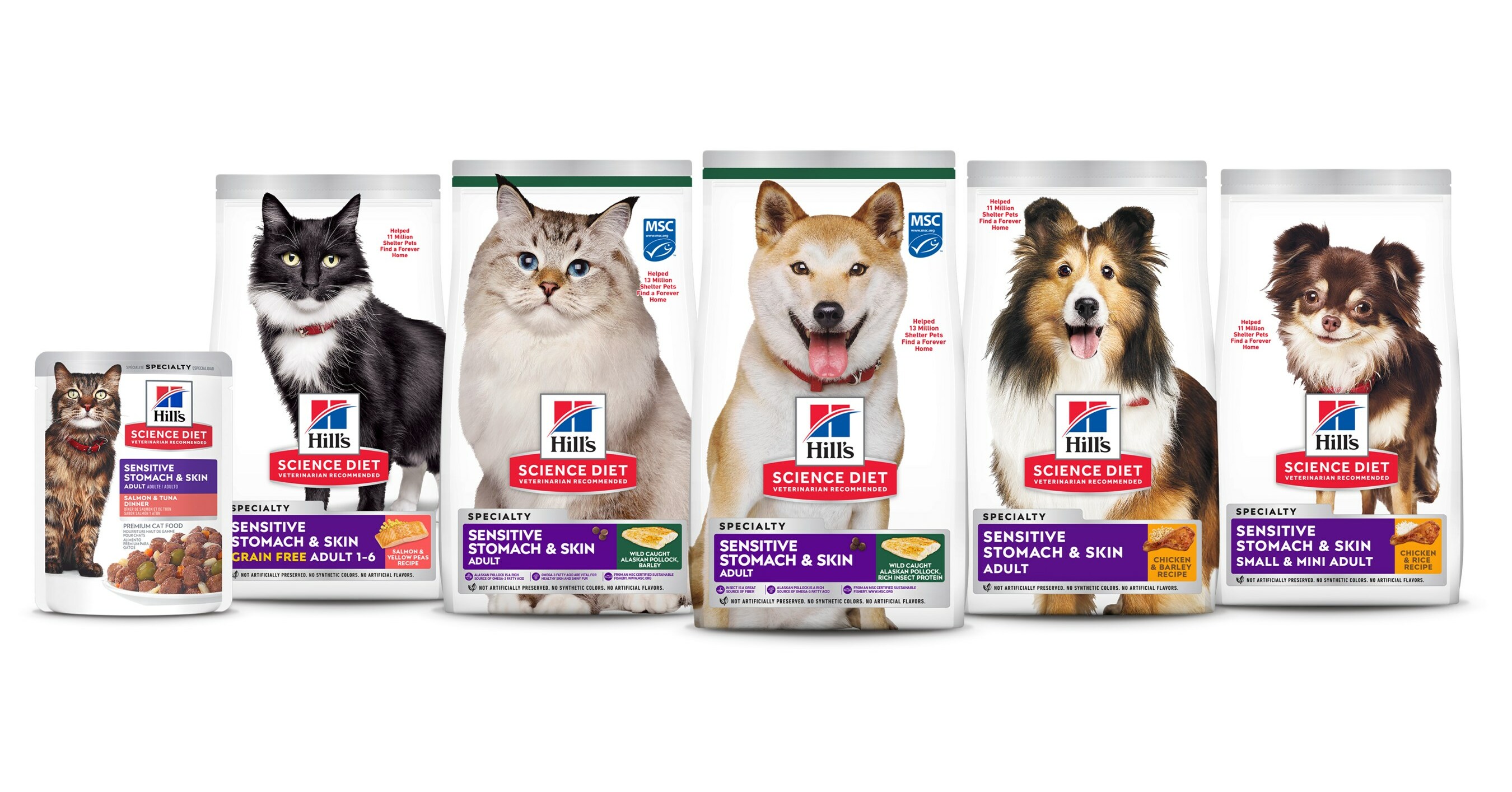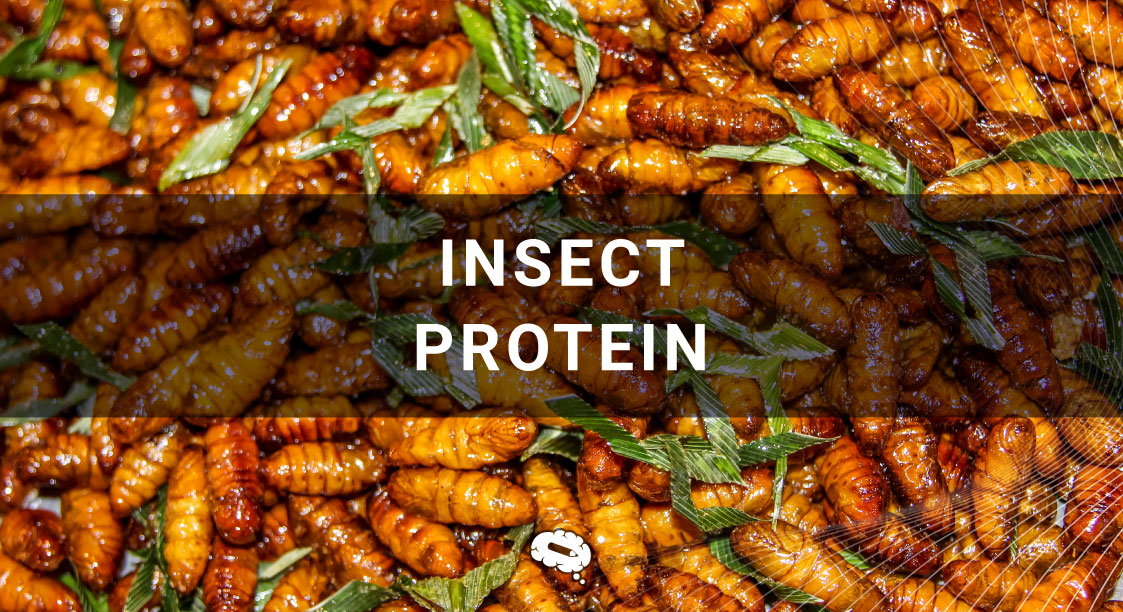
Insect Protein: The Sustainable and Nutritious Future of Pet Food for Cats and Dogs
Introduction
The pet food industry is undergoing a significant transformation. As pet owners become increasingly conscious of the environmental impact of their choices and the nutritional needs of their furry companions, alternative protein sources are gaining traction. Among these, insect protein stands out as a promising and sustainable option. This article explores the benefits of insect protein in pet food for cats and dogs, addressing concerns, and outlining its potential to revolutionize the way we nourish our beloved animals.
H1: The Rise of Insect Protein in Pet Food
H2: Why Consider Insect Protein for Your Pet?
Insect protein is derived from various edible insects, such as black soldier fly larvae, crickets, and mealworms. These insects are raised specifically for consumption and processed into a protein-rich ingredient that can be incorporated into pet food formulas. Here’s why it’s becoming an attractive alternative:
- Sustainability: Traditional livestock farming has a significant environmental footprint, contributing to deforestation, greenhouse gas emissions, and water pollution. Insect farming, on the other hand, requires significantly less land, water, and feed. Insects also have a much higher feed conversion ratio, meaning they convert feed into protein more efficiently than conventional livestock.
- Nutritional Value: Insect protein is a complete protein source, containing all the essential amino acids that cats and dogs need for optimal health. It’s also rich in beneficial nutrients, such as omega-3 and omega-6 fatty acids, iron, zinc, and calcium.
- Hypoallergenic Potential: Many pets suffer from food allergies and sensitivities, often triggered by common protein sources like beef, chicken, and fish. Insect protein is a novel protein source for most pets, meaning they are less likely to have developed an allergic reaction to it. This can make insect-based pet food a good option for pets with dietary sensitivities.
- Digestibility: Studies have shown that insect protein is highly digestible for both cats and dogs. This means that pets can efficiently absorb the nutrients from insect-based pet food, leading to improved overall health and well-being.
- Palatability: While the idea of feeding insects to pets might seem strange to some, many cats and dogs find insect-based pet food highly palatable. Some insects have a naturally savory flavor that appeals to pets, and manufacturers often use palatability enhancers to make the food even more appealing.
H2: The Nutritional Profile of Insect Protein
Insect protein is more than just a sustainable alternative; it’s a powerhouse of nutrition. Here’s a closer look at what it offers:
- Complete Protein: Insect protein contains all the essential amino acids required by cats and dogs. Amino acids are the building blocks of protein, essential for muscle development, tissue repair, and overall growth.
- Healthy Fats: Insects are a good source of omega-3 and omega-6 fatty acids, which are important for maintaining healthy skin and coat, supporting brain function, and reducing inflammation.
- Essential Minerals: Insect protein is rich in essential minerals like iron, zinc, and calcium. Iron is crucial for red blood cell production, zinc supports immune function, and calcium is vital for strong bones and teeth.
- Chitin: Insect exoskeletons contain chitin, a type of fiber that can act as a prebiotic, promoting the growth of beneficial bacteria in the gut. A healthy gut microbiome is essential for optimal digestion, immune function, and overall health.
H3: Insect Protein vs. Traditional Protein Sources
To better understand the benefits of insect protein, let’s compare it to traditional protein sources commonly used in pet food:
| Feature | Insect Protein | Beef | Chicken | Fish |
|---|---|---|---|---|
| Sustainability | High | Low | Medium | Medium |
| Protein Quality | Excellent | Good | Good | Excellent |
| Digestibility | High | Medium | High | High |
| Allergies | Low Risk | Medium | Medium | Medium |
| Environmental Impact | Low | High | Medium | Medium |
H2: Addressing Concerns About Insect Protein
Despite the many benefits of insect protein, some pet owners may have concerns about feeding it to their pets. Let’s address some of the most common concerns:
- Safety: Insect-based pet food is subject to strict regulations and quality control measures. Insects are raised in controlled environments and processed according to strict food safety standards. Reputable manufacturers conduct thorough testing to ensure that their products are safe and free from contaminants.
- Ethical Considerations: Some pet owners may be concerned about the ethical implications of farming insects for food. However, insect farming is generally considered to be more humane than traditional livestock farming. Insects have a short lifespan and do not experience pain in the same way as mammals.
- "Yuck Factor": For some people, the idea of feeding insects to their pets is simply unappealing. However, it’s important to remember that insect-based pet food is not made from whole insects. Instead, the insects are processed into a powder or meal that is incorporated into the food formula. The final product looks and smells just like traditional pet food.
- Availability and Cost: Insect-based pet food is becoming more widely available, but it may still be more expensive than traditional pet food. However, as insect farming becomes more efficient and production increases, the cost of insect-based pet food is likely to decrease.
H2: How to Choose the Right Insect-Based Pet Food
If you’re considering switching your pet to an insect-based diet, here are some tips for choosing the right product:
- Read the Label Carefully: Look for pet food that lists insect protein as the primary protein source. Make sure the food contains a balanced blend of other nutrients, such as carbohydrates, fats, vitamins, and minerals.
- Choose a Reputable Brand: Select a brand that is known for its commitment to quality and sustainability. Look for brands that conduct thorough testing and adhere to strict food safety standards.
- Consider Your Pet’s Needs: If your pet has any specific dietary needs or health concerns, consult with your veterinarian before switching to an insect-based diet.
- Start Slowly: When introducing a new food to your pet, it’s always best to do so gradually. Start by mixing a small amount of the new food with your pet’s old food, and gradually increase the amount of new food over a period of several days or weeks.
H2: The Future of Insect Protein in Pet Food
Insect protein is poised to play an increasingly important role in the pet food industry. As pet owners become more aware of the environmental impact of their choices, and as the benefits of insect protein become more widely recognized, demand for insect-based pet food is likely to grow.
Innovations in insect farming and processing are making insect protein more affordable and accessible. In the future, we may see even more insect-based pet food products on the market, including treats, supplements, and prescription diets.
Conclusion
Insect protein offers a sustainable, nutritious, and palatable alternative to traditional protein sources in pet food. By choosing insect-based pet food, pet owners can reduce their environmental footprint, support the health and well-being of their furry companions, and contribute to a more sustainable future for the pet food industry. As awareness grows and availability increases, insect protein is set to become a mainstream ingredient in the diets of cats and dogs around the world.

